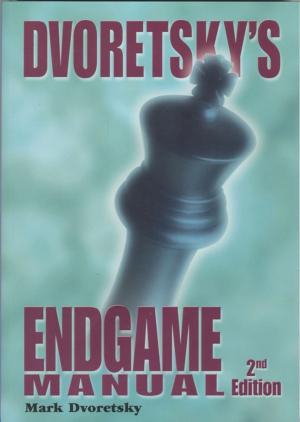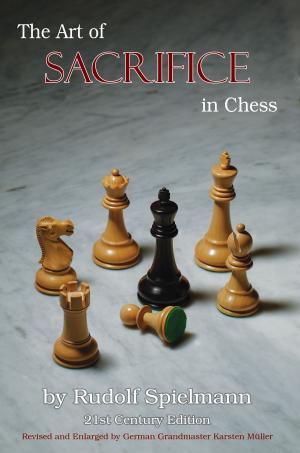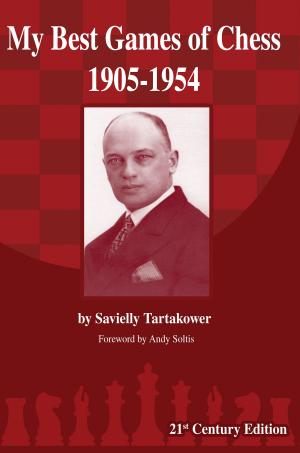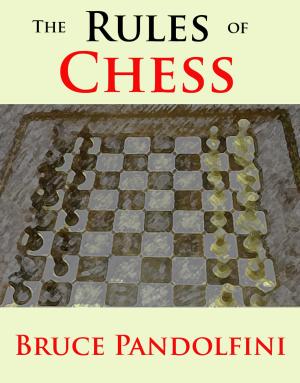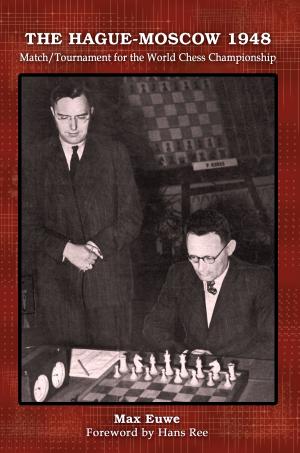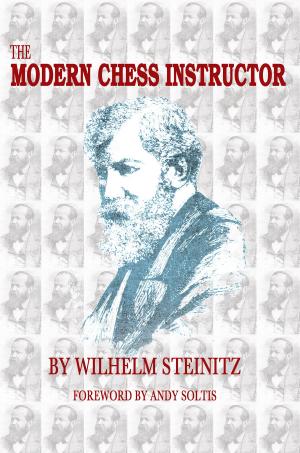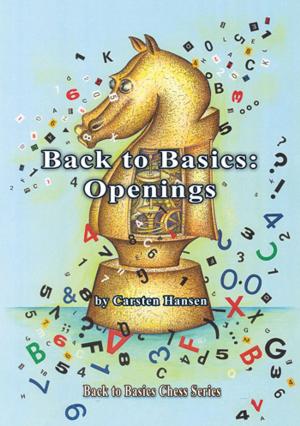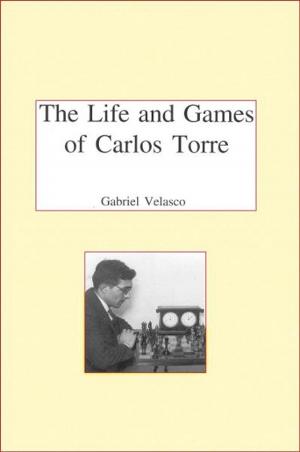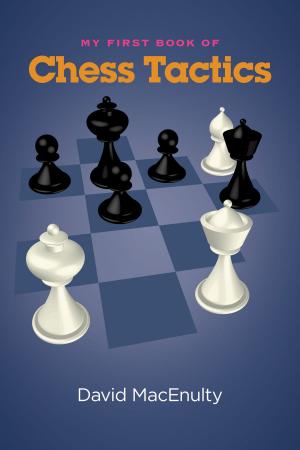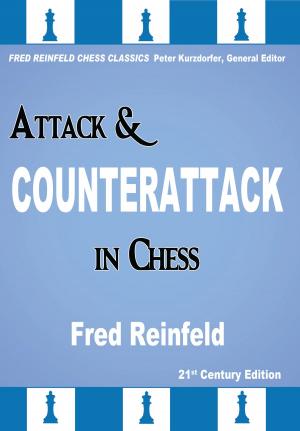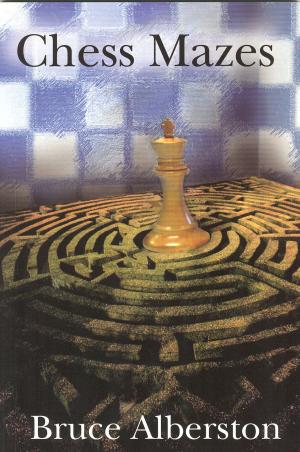| Author: | Carsten Hansen | ISBN: | 9781941270479 |
| Publisher: | Russell Enterprises, Inc. | Publication: | January 5, 2010 |
| Imprint: | Russell Enterprises, Inc. | Language: | English |
| Author: | Carsten Hansen |
| ISBN: | 9781941270479 |
| Publisher: | Russell Enterprises, Inc. |
| Publication: | January 5, 2010 |
| Imprint: | Russell Enterprises, Inc. |
| Language: | English |
INSTRUCTIVE NAJDORF MINIATURES "An opening book based only on miniatures? Perhaps it sounds odd at first, but it works well in the sharp Najdorf, and even in the more positional Queen's Indian Defense. As usual Carsten's theoretical coverage is thorough, and the books are not repertoire based, but gives a full examination of these topical openings. Is it limiting only to show miniatures? Maybe, but one somehow get the purified version of a successful strategy, when the games are not complex battles, but a slam-dunk! - Grandmaster Peter Heine Nielsen, Coach & Second to World Champion Magnus Carlsen The purpose of the book is to entertain and educate you. The entertainment consists of 100 main games all of which are 25 moves or less. In addition to the main games, you will find miniatures included in the notes, along with many other complete games. The education part involves solving tactical puzzles, reasoning your way to the right move, spotting combinations and studying the theory associated with these lines. While the theoretical coverage may not necessarily be as deep as in opening monographs or repertoire books, there’s usually more than enough to give you a good understanding of the particular line, making it easier for you to incorporate it into your opening repertoire. We have also tried to include some key alternatives with analysis to give you an idea of other possibilities for both sides. As for the games, they are typically between players with a rating of at least 2350 and in fact are often stronger. However, we have made some exceptions to this guiding principle when a lower-rated player beats a player rated above the magical 2350 number. So that the performances of the players may be evaluated better, their ELO ratings have been included. The subject of this book is the Najdorf Sicilian, which arises after 1 e4 c5 2 Nf3 d6 3 d4 cxd4 4 Nxd4 Nf6 5 Nc3 a6. The Najdorf has been and continues to be a tremendously popular opening at all levels. It is sharp, unbalanced, with many theory-laden lines – and fun. The main lines after 6 Bg5 e6 7 f4 are steeped in theory, making them tricky to play, especially for players with limited time to study.
INSTRUCTIVE NAJDORF MINIATURES "An opening book based only on miniatures? Perhaps it sounds odd at first, but it works well in the sharp Najdorf, and even in the more positional Queen's Indian Defense. As usual Carsten's theoretical coverage is thorough, and the books are not repertoire based, but gives a full examination of these topical openings. Is it limiting only to show miniatures? Maybe, but one somehow get the purified version of a successful strategy, when the games are not complex battles, but a slam-dunk! - Grandmaster Peter Heine Nielsen, Coach & Second to World Champion Magnus Carlsen The purpose of the book is to entertain and educate you. The entertainment consists of 100 main games all of which are 25 moves or less. In addition to the main games, you will find miniatures included in the notes, along with many other complete games. The education part involves solving tactical puzzles, reasoning your way to the right move, spotting combinations and studying the theory associated with these lines. While the theoretical coverage may not necessarily be as deep as in opening monographs or repertoire books, there’s usually more than enough to give you a good understanding of the particular line, making it easier for you to incorporate it into your opening repertoire. We have also tried to include some key alternatives with analysis to give you an idea of other possibilities for both sides. As for the games, they are typically between players with a rating of at least 2350 and in fact are often stronger. However, we have made some exceptions to this guiding principle when a lower-rated player beats a player rated above the magical 2350 number. So that the performances of the players may be evaluated better, their ELO ratings have been included. The subject of this book is the Najdorf Sicilian, which arises after 1 e4 c5 2 Nf3 d6 3 d4 cxd4 4 Nxd4 Nf6 5 Nc3 a6. The Najdorf has been and continues to be a tremendously popular opening at all levels. It is sharp, unbalanced, with many theory-laden lines – and fun. The main lines after 6 Bg5 e6 7 f4 are steeped in theory, making them tricky to play, especially for players with limited time to study.


